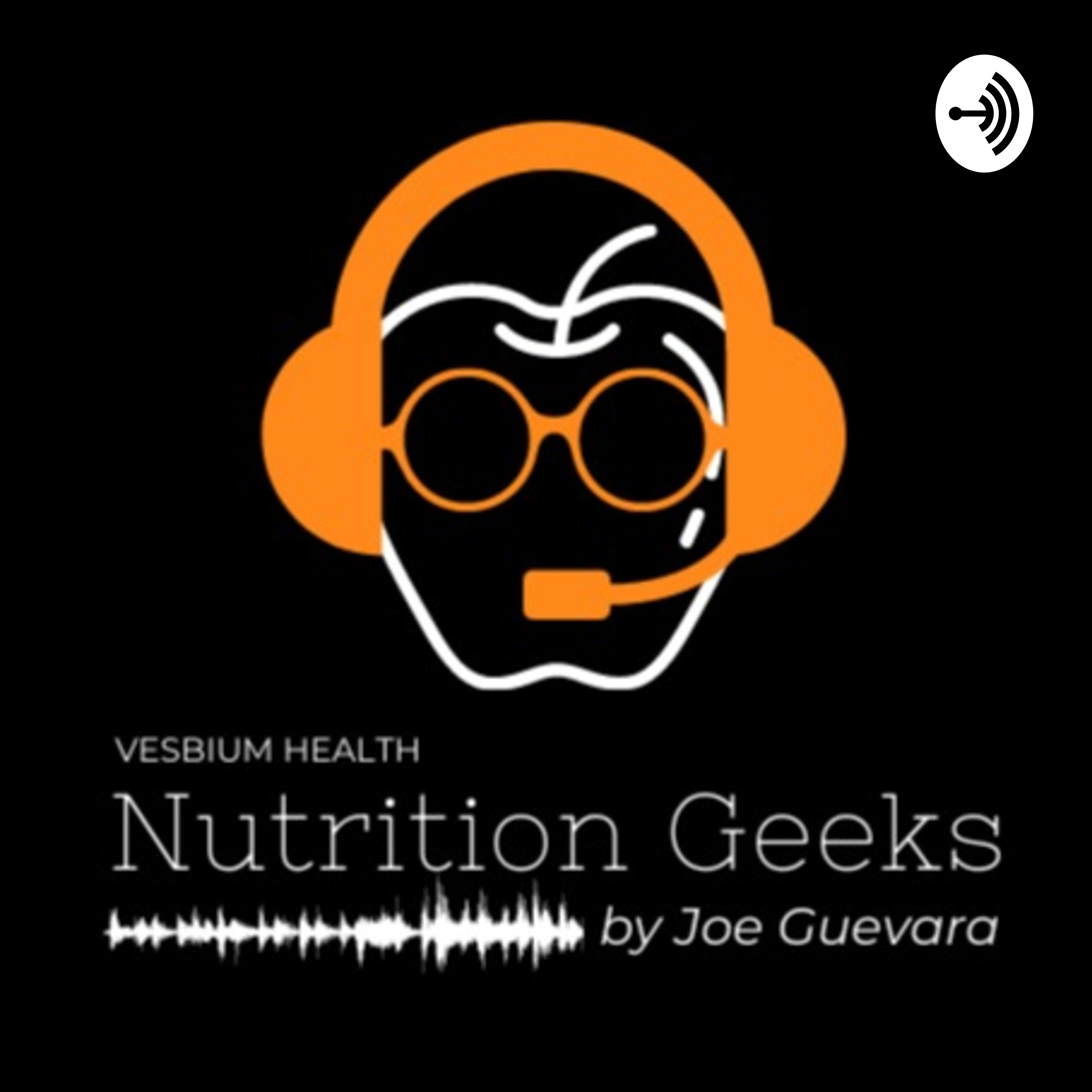 |
Fork U with Dr. Terry SimpsonLearn more about what you put in your mouth. Author: Terry Simpson
Fork U(niversity) Not everything you put in your mouth is good for you. Theres a lot of medical information thrown around out there. How are you to know what information you can trust, and whats just plain old quackery? You cant rely on your own google fu. You cant count on quality medical advice from Facebook. You need a doctor in your corner. On each episode of Your Doctors Orders, Dr. Terry Simpson will cut through the clutter and noise that always seems to follow the latest medical news. He has the unique perspective of a surgeon who has spent years doing molecular virology research and as a skeptic with academic credentials. Hell help you develop the critical thinking skills so you can recognize evidence-based medicine, busting myths along the way. The most common medical myths are often disguised as seemingly harmless food as medicine. By offering their own brand of medicine via foods, These hucksters are trying to practice medicine without a license. And though theyll claim nutrition is not taught in medical schools, it turns out thats a myth too. In fact, theres an entire medical subspecialty called Culinary Medicine, and Dr. Simpson is certified as a Culinary Medicine Specialist. Where today's nutritional advice is the realm of hucksters, Dr. Simpson is taking it back to the realm of science. Language: en Genres: Health & Fitness, Medicine, Nutrition Contact email: Get it Feed URL: Get it iTunes ID: Get it Trailer: |
Listen Now...
From Gila Monster to GLP-1 Revolution
Episode 117
Wednesday, 25 February, 2026
Meanwhile, in a LaboratoryIn 1990, researchers isolated a peptide from Gila monster venom. Two years later, work from the Bronx VA Medical Center described exendin-4, a molecule that resembled human GLP-1 but lasted far longer in circulation.Human GLP-1 survives only minutes before the body breaks it down. Exendin-4 resisted that breakdown. That difference changed everything.Soon afterward, the first GLP-1 receptor agonist reached patients under the brand name Byetta. At the time, physicians used it to treat diabetes. No one called it a weight-loss drug. No one predicted it would reshape obesity medicine.And yet, the foundation was already in place.While I Was OperatingAt the Phoenix Indian Medical Center, I performed weight loss surgery in a population with some of the highest rates of type 2 diabetes in the world. Researchers there studied metabolism intensely. The “thrifty gene” hypothesis gained traction in that environment. Scientists asked whether efficient energy storage, once protective in scarcity, became harmful in abundance.At the same time, I watched something remarkable in the operating room. After gastric bypass, patients’ blood sugars often improved within days, before meaningful weight loss occurred. Hormones were shifting. Physiology was driving outcomes.Meanwhile, GLP-1 drugs evolved.Researchers lengthened their half-lives. Chemists modified their structures so they bound albumin and stayed active for days rather than minutes. Clinical trials expanded. Safety data accumulated.Eventually, semaglutide showed average weight loss approaching fifteen percent of body weight in obesity trials. Then tirzepatide, now marketed as Zepbound for obesity, exceeded 20 percent weight reduction in higher-dose studies. In addition, cardiovascular outcome trials demonstrated reductions in major adverse cardiac events in high-risk patients.These were not cosmetic results. These were metabolic and cardiovascular outcomes.Food NoisePatients rarely talk about receptors. They talk about noise.Food noise.The constant internal dialogue about eating. The mental pull toward the pantry. The background chatter that never quite stops.GLP-1 receptors exist in appetite-regulating areas of the brain, including the hypothalamus and brainstem. These medications act through vagal signaling and through regions where the blood-brain barrier is more permissive. As a result, they modulate satiety and reward pathways.Consequently, many patients report something simple but profound: the noise quiets.Not disappears. Quiet.That distinction matters.Diet Culture PushbackPredictably, not everyone celebrates this shift.Diet culture thrives on the belief that weight reflects character. Some coaches insist the solution is fewer calories. Others argue for more beef, more butter, more fiber, or stricter discipline. Entire industries depend on the idea that trying harder solves everything.However, biology does not negotiate with virtue.Obesity is a chronic, relapsing, neurohormonal disease. No one worked harder at weight loss than many of my surgical patients. Likewise, I do not lack willpower. And I practice culinary medicine. Preaching and eating a Mediterranean diet.Nevertheless, effort alone does not silence dysregulated signaling.Calling GLP-1 therapy “cheating” misunderstands the science. These medications restore signaling. They amplify satiety. They reduce excess reward drive. They support physiology.That is treatment, not moral compromise.My Parallel UniverseWhen I began my career, I weighed about 185 pounds. Years later, hospital cafeterias, exhaustion, and irregular meals pushed me to 225.












